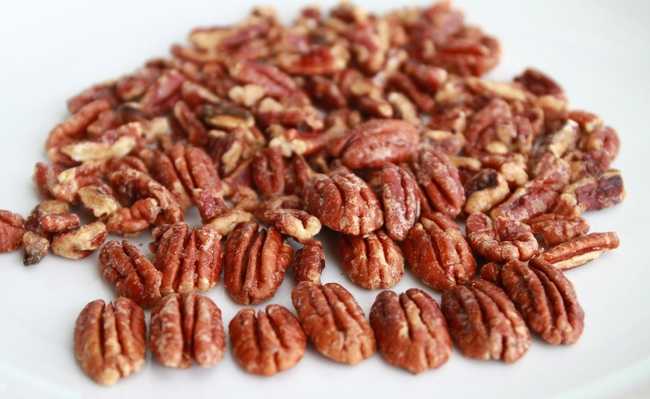Nine herbs and plants that serve as natural remedies that can be grown at home (part 2)
Discover nine other plants that can help you

If you followed the article "18 natural remedies to grow at home", you will be pleased to know that we have separated nine more natural remedies to grow at home. These plants can be planted in pots or in the garden and if used correctly, they bring benefits to our health. Come on:
Carrot

It needs a lot of light and the soil must not have any stones or debris for the root to grow without obstacles. It fights hormonal dysfunctions, colds and has effects on bowel function: it is antidiarrheal, but in excess, it ends up having the opposite effect.
cat weed

It's not just the pussies that are happy with the weed. We can also benefit, as chewing its leaves helps relieve toothaches and lessen fevers. Your tea can be used as a tranquilizer. The plant grows best in cold climates and doesn't need many hours of sun a day.
Garlic

It prefers places with plenty of natural light and well-drained soil. Growing garlic in winter is believed to help produce larger bulbs. Garlic acts as an anticoagulant, bactericide and antioxidant, in addition to fighting nasal congestion and helping to prevent cancer in the digestive tract. Many doctors recommend eating two cloves of garlic a day to lower cholesterol.
- Ten Benefits of Garlic for Health
Dandelion

It grows like a weed in many gardens, but what a lot of people don't know is that its flower is sweet and the younger leaves look really good in salads (leaves that have grown longer are bitter, you might like them braised). Dandelion leaf has more iron and calcium than spinach. Among its many benefits, the best known is the stimulation of liver activity. Dandelion tea aids liver metabolism, eliminating toxins more easily, and increases bile flow, aiding in the digestion of fats. But be careful: do not use dandelion if you are pregnant or on antibiotics, anticoagulants, gastric protectors or lithium-based medications.
- Dandelion: plant is edible and has health benefits
celery or celery
It prefers milder climates and the land should be well nourished. Celery has many benefits: it has a diuretic action, combats constipation, relieves heartburn, is a source of calcium, reduces cholesterol (because it increases the secretion of bile acids), replenishes electrolytes lost in physical activity, has anti- inflammatory and even acts as a support to prevent ovarian cancer.
Burdock
Plant it in a deep soil, as its roots grow a lot (this is mainly the part of the plant that is used) and in a permanent place, as they do not support transplanting well. It has diuretic and bactericidal properties and is great against skin problems.
Oregano

It's very easy to plant: it grows in hot or cold climates, it just needs moist, fertile soil. The more natural light the better, but it can do well in the shade too. Its tea relieves coughs, indigestion, cramps and muscle and headache pain, in addition to being antifungal.
strand

It may not be very easy to find the sandy clay soil it needs, but once planted, wormwood is excellent: resistant to disease and insects and does very well with organic fertilizers. Wormwood helps fight bad breath, menstrual cramps, heartburn and even anemia. It's also a great insect repellent, including lice.
Arnica

He is very fond of sunlight and clayey-sandy soil. Its ointment is famous for relieving bruises, but beware: arnica is toxic if ingested. Try to place the vase in a high place, out of reach of children and pets. To use it, prepare the following ingredients: one part fresh arnica, five parts grain alcohol (available in pharmacies), and five parts water. Chop the plant and mix it with the other ingredients. Let it sit for at least 15 days (but can store for up to a year) and compress one part of the mixture diluted with nine parts of saline.










